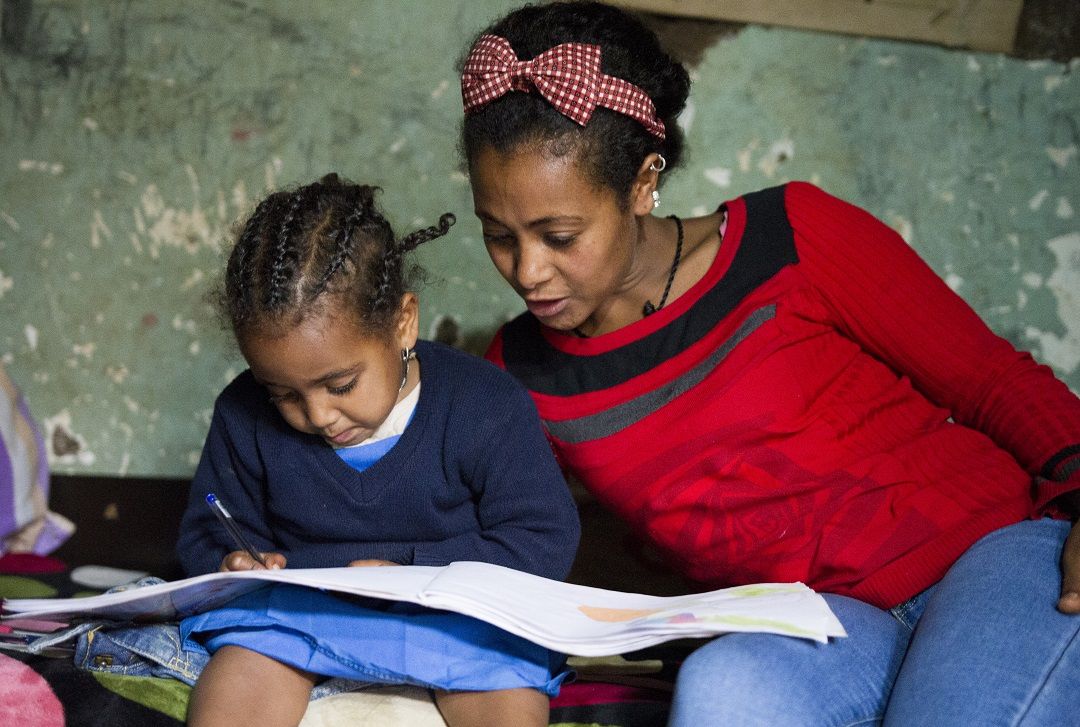GOAL has a strong commitment to learning and knowledge sharing and takes an integrated, systems approach to our work, recognising that single solutions are rarely adequate to deal with the complexity of the challenges faced.
Underpinning this approach is a focus on the development of our monitoring, evaluation accountability, and learning activities, using the evidence and data from our programme work to inform our strategy, decision making and contribution to the wider field of humanitarian and development work.
As part of our approach to learning and knowledge sharing, GOAL publishes a selection of its most important learning documents, reports and evaluations online, demonstrating programmatic achievements and learnings, and evidence of transformative change across our programmes.
Where We Work
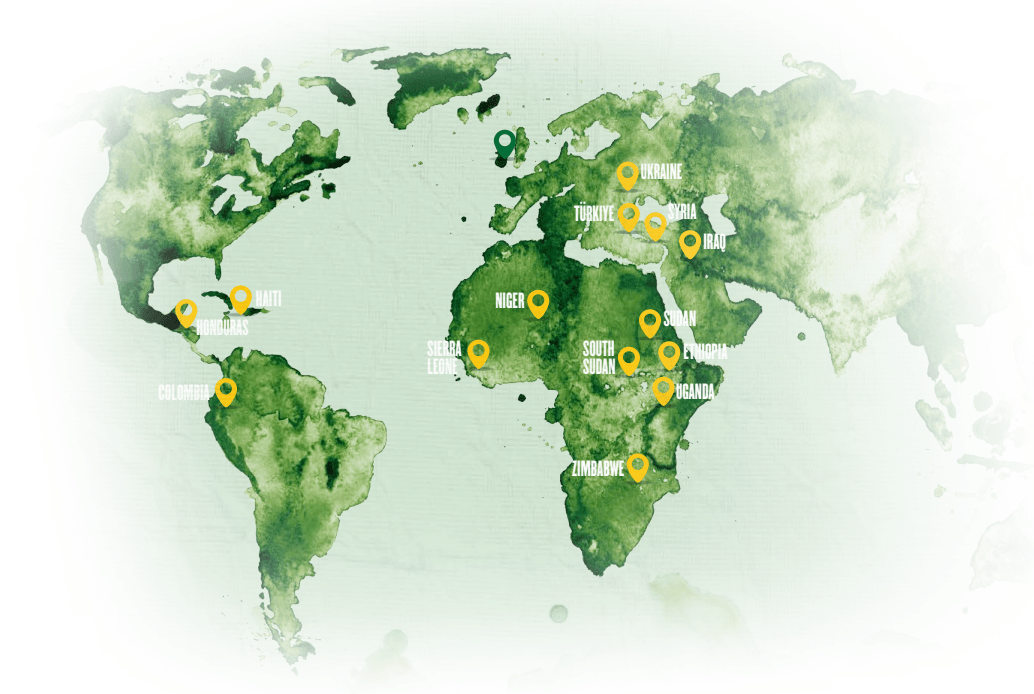
Impact in Numbers
14
countries of operation
18.5 million
people supported globally
4.1 million
benefited from access to safe water
6.7 million
people reached through emergency response
Evaluations & Learnings
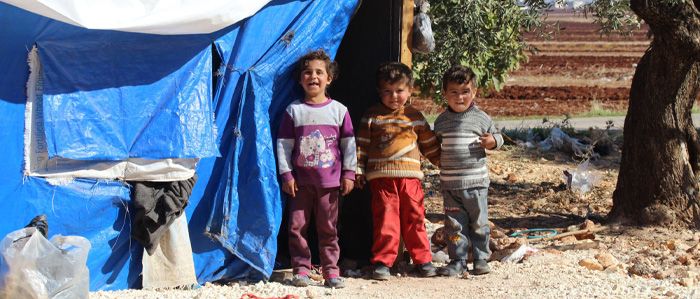
Project Level Risk Assessment GOAL Syria (2022)
This brief outlines lessons learnt on how GOAL Syria took a preventative approach towards protection, safeguarding, inclusion, and gender-related risks to ensure safe, accountable, and inclusive programming (SAIP). The risk assessment highlighted the importance of collaboration between the areas of Accountability, GESI, Protection & Safeguarding, ensuring a more holistic approach to SAIP and its inclusion in programme design.
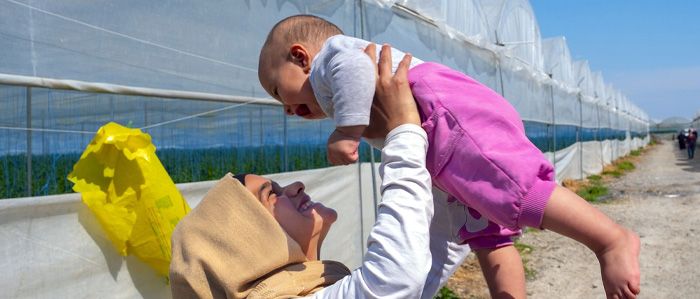
Growing a Community Feedback Mechanism - Lessons from GOAL Turkey (2022)
In this brief GOAL outlines lessons learnt in Turkey on the development, roll-out, and growth of a new Community Feedback Mechanism (CFM). The brief demonstrates that building trust with the target community is paramount in terms of the CFM gaining acceptance and wide usage. It also demonstrates the importance of gender.
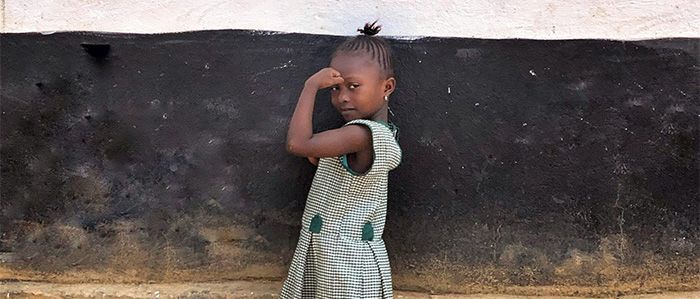
Elimination of child labour, trafficking and indecent work in Sierra Leone evaluation (2020)
With support from the EU, GOAL and out partners worked to address child labour, child trafficking and engagement in indecent work. This end-line survey found that the number of children engaged in child labour activities had reduced and awareness had increased. Although findings showed progress in many areas, there was a need for continuous efforts to bring more significant positive results.
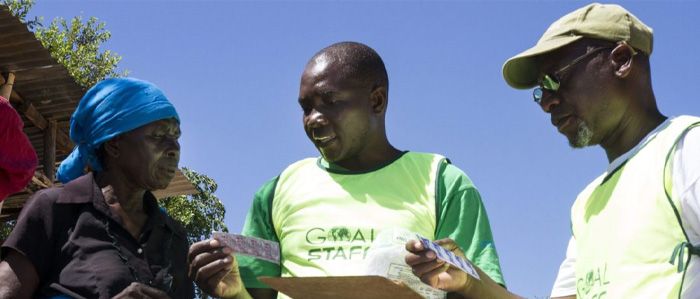
Strengthening vulnerable communities post Cyclone Idai through integrated shelter, WASH and protection in Zimbabwe (2020)
After Zimbabwe was hit by Cyclone Idai in early 2019, GOAL and consortium partners, combined expertise to respond to the disaster. The purpose of this evaluation was to gather evidence to improve humanitarian actions in the areas of shelter, WASH and protection. The main findings showed that outcomes surpassed all intended targets.
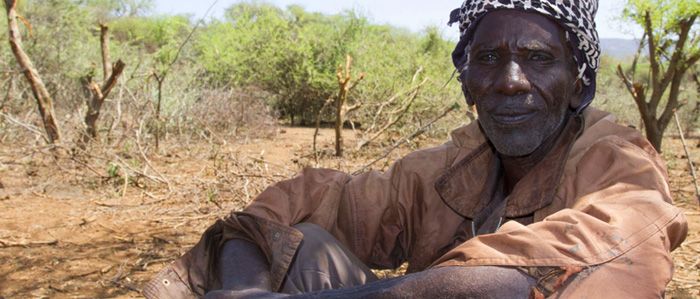
Evaluation of GOAL Ethiopia's emergency response for drought-affected and displaced communities in Ethiopia - Somali Region (2020)
With support from BHA, GOAL has been operational in Dollo Zone, Somali Region since 2017, implementing emergency response programmes addressing acute malnutrition among children under five and pregnant and lactating women, and to improve access to water, sanitation and hygiene. This evaluation sought to examine the nutrition outcomes and assess GOAL's performance in its community-based treatment of acute malnutrition (CMAM). The findings showed that the implementation of GOAL's CMAM approach was appropriate and relevant for the targeted communities.
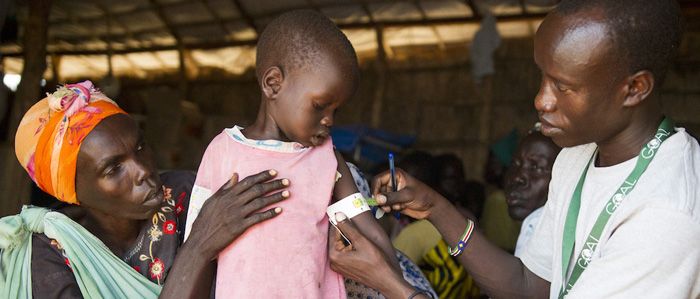
Nutrition Impact and Positive Practise Evaluation Report, Sudan (2019)
GOAL developed the Nutrition Impact and Positive Practise (NIPP) approach in 2012 and has been implementing this programme in Sudan since 2013. The NIPP approach is a behavioural change programme that engages both male and female caregivers on a wide range of knowledge and behaviours that are identified as contributing to malnutrition, in order to instil positive practises in self-management of their health and hygiene. The purpose of this evaluation is to assess the impact of the approach on NIPP participants in North Darfur.
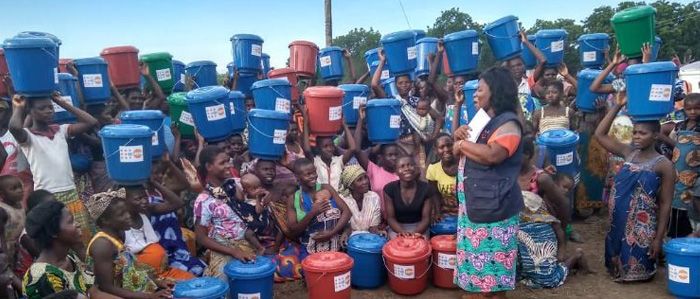
Addressing the needs of vulnerable groups affected by floods in Blantyre City, Chikwawa District and Nsanje District Malawi (2019)
After heavy rains hit Malawi in early 2019 GOAL and our partners worked on addressing the lifesaving needs of over 20,000 people. This involved activities in protection, WASH, capacity building, cash transfers, health, non-food items, shelter, and food security and livelihoods. The purpose of this evaluation was to evidence good practice and identify learning for future projects.
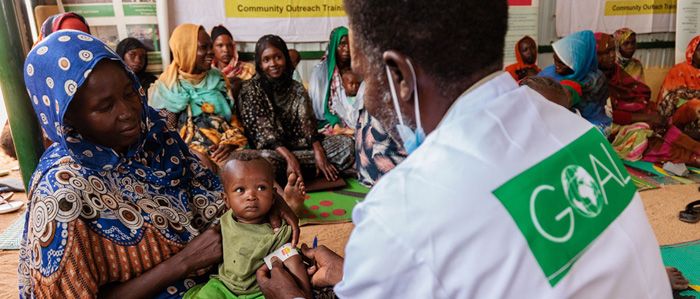
Supporting the Transition From Humanitarian Crisis Through Recovery to Sustainable Economic Development: South Sudan (2019)
From 2016 to 2019, with funding from BMZ, GOAL South Sudan and HelpAge International implemented a food security and livelihoods project in 16 villages in Agok and Twic states, South Sudan. This end-term evaluation by IPG found the project to be generally efficient, making use of existing systems to spearhead intervention using minimum resources.

Learnings from Cash Grant Support to Small and Medium Food Shops - Idleb Governorate, Northwest Syria (2022)
GOAL provided support to market vendors in Idleb governorate, in the form of cash grants and business coaching sessions to increase their resilience to market disturbances and sustain their functionality. GOAL Syria started implementing business support projects in March 2021. This brief outlines learnings from this intervention.

Using Digital Platforms for Agriculture, Health and Nutrition - Niger (2022)
GOAL Niger conducted a study attempting to verify the relationship between the use of VIAMO digital platform and users' socio-demographic characteristics in its programming. Results showed higher utilisation by younger age groups and males. The brief stresses the importance in understanding who is not benefitting from modern technologies and tailor roll out according to gaps.

Expanding Social Behaviour Change (SBC) boundaries to improve food and nutrition security - Niger (2022)
From May 2020 to May 2022 GOAL, with funding from UNITLIFE, has been implementing an innovative integrated approach to address three interlinked systemic drivers of malnutrition in children in Zinder region, Niger: inadequate consumption of diverse and nutritious foods, poor health-seeking and nutrition behaviours and limited decision-making power of women. This brief outlines learnings from this intervention.

Nutritionally Improved & Climate Adapted Seeds & Storage Technology - Niger (2022)
Findings from GOAL Niger indicate that nutritionally improved seeds can increase the nutritional value of what people already eat, that short maturing crops mitigate climate related risks and improved seed also increases production, all contributing to increased food & nutrition security.

Engaging men as key influencers to improve healthy behaviours - Ethiopia (2022)
This Learning Brief from GOAL Ethiopia tests the hypothesis that increased engagement of males from targeted households with young children, on appropriate care and feeding practices of children and women, would create an enabling environment for active behaviour change and sustained positive practices in households.

Self-Reliance Index in Graduation Approach Programming - Syria (2022)
The Graduation Approach is an evidence-based approach to increasing self-reliance of the ultra-poor, IDPs & refugees. To inform a market systems aware Graduation Approach, a market assessment was undertaken in Northwest Syria in 2021. Findings were used to tailor the Graduation Approach methodology to the context.
Evidence-based learning and accountability
GOAL is committed to having a culture of evidence-based learning and accountability. We have strong and robust Monitoring, Evaluation, Accountability and Learning (MEAL) functions at HQ and country levels to support this.
The MEAL function systematically tracks and reports programme results to GOAL and our donors as well as supporting evidence-based strategic planning, innovation and organisational growth and adaption. MEAL drives programme quality through a mix of result-based and adaptive management, enabling the most effective use of funds to address the challenges facing vulnerable communities.
We welcome queries and comments on these or any of our wider work. To get in touch, please email info@goal.ie
